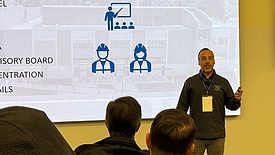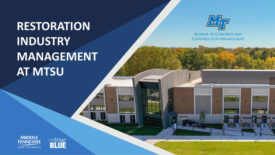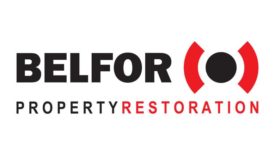Home » Keywords: » workforce
Items Tagged with 'workforce'
ARTICLES
Invest in innovation and education - let’s build the foundation for the first-ever Restoration Degree at MTSU.
Read More
The Workforce Crunch: The Struggle to Find and Keep Skilled Labor
Overcoming Workforce Challenges in Our Booming Restoration Industry
Read More
Building a Resilient Workforce for Dynamic Restoration Projects
Leveraging on-demand and temporary labor to build a resilient, adaptive workforce
Read More
Ask the Expert
Building a Future for the Restoration Industry: Higher Education Initiatives and Opportunities
Preparing the Next Generation of Restoration Professionals with Dr. Jake Avila
Read More
MTSU To Launch Restoration Management Degree Program
Critical Fund Raising Underway for Restoration Management Degree Program
May 3, 2024
Stay ahead of the curve with our eNewsletters.
Get the latest industry updates tailored your way.
JOIN TODAY!Copyright ©2025. All Rights Reserved BNP Media.
Design, CMS, Hosting & Web Development :: ePublishing














